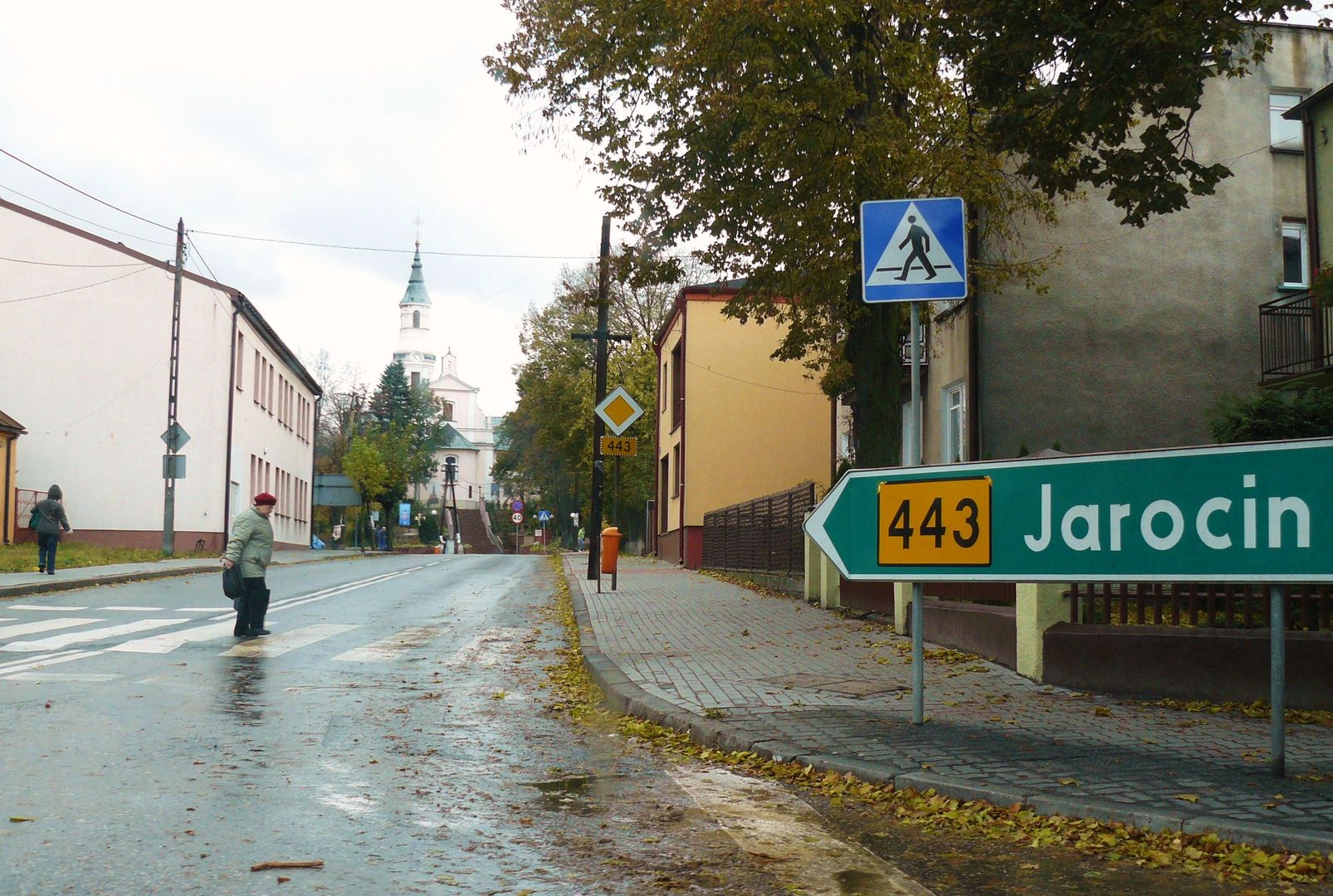Tuliszków
6.02

Overview
Tuliszków is a town in the Greater Poland Voivodeship, within Turek County, boasting a rich history dating back to at least the 13th century, when the settlement was a noble property of the Zaremba family. In 1458, Tuliszków was granted town rights, and over the centuries, it came under the rule of various families, such as the Opalińskis, Konarzewskis, and Zamojskis. The town is also associated with Janusz of Tuliszków, the 15th-century castellan of Kalisz, who worked closely with King Władysław Jagiełło. After World War II, Tuliszków lost its town rights, which were restored in 1919. In the pre-war period, the town had a Jewish community, though unfortunately, only a small group survived after the war. Architecturally, it is distinguished by the parish church of St. Vitus from 1450, an example of Gothic style, as well as a late classicist-style rectory. Other landmarks include the former Jewish cemetery, a landscape park with a 19th-century manor house, and a bust of Tadeusz Kościuszko, unveiled in 1962. In 2023, the town found itself in the infamous ranking as one of the most dangerous in Poland. Tuliszków's economy is supported by 98% access to piped water and a sewage treatment plant. The sports club Tulisia Tuliszków operates here with a football section and youth groups, and the town's sports history is rich, including winning the Polish Cup at the regional level in the 2007/2008 season. An interesting fact is that in 1934, the town installed a bust of Kościuszko, which was destroyed by the Germans and later rebuilt. Tuliszków, located on the Turek Upland, is characterized by hilly terrain and proximity to the small Pokrzywnica River, adding to the charm of this locality.
Location
2026 Wizytor | All Rights Reserved